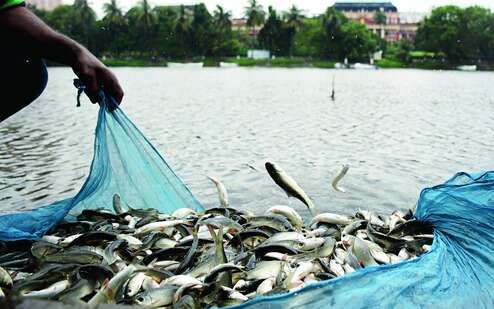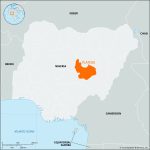A recent study published in Climate Risk Management reveals that Bangladesh’s aquaculture sector has suffered a financial loss of approximately US$140 million over the past decade due to the impacts of climate change. The country’s vulnerability to extreme weather events is expected to increase in the future, highlighting the need for enhanced climate data support services. By providing effective climate information, fish farmers can better manage their operations and reduce losses caused by natural disasters such as floods and cyclones. Flooding has been identified as the most financially damaging hazard for Bangladeshi hatcheries, open water fish, and shrimp farms, while cyclones have caused significant losses in fish products. The study emphasizes that climate information services can support decision-making, adaptation, and risk management for the aquaculture sector. However, the implementation of these services depends on the support of policymakers, private sector involvement, and investment in digital platforms to provide climate information and advisory services to the entire value chain of the industry.
Aquaculture and fisheries contribute significantly to Bangladesh’s agricultural gross domestic product, accounting for nearly 26%. However, fish farmers in the country are increasingly affected by climate-driven extreme weather events, such as irregular rainfall, heatwaves, and cold spells. The lack of climate variability data in aquaculture makes it challenging to assess and implement effective climate risk management strategies. This issue was highlighted by WorldFish scientist Peerzadi Rumana Hossain, who shared an example of a fish farmer in southwestern Bangladesh losing fish due to high temperatures and dry spells. If the farmer had known about the weather conditions in advance, he could have adjusted his stocking schedule accordingly. Sudhir Kumar Das, a professor of Fisheries Resource Management at West Bengal University of Animal and Fishery Sciences, emphasizes the need for fisheries policies that promote sustainable development goals, resource management, conservation, and environmentally conscious practices in the industry.





